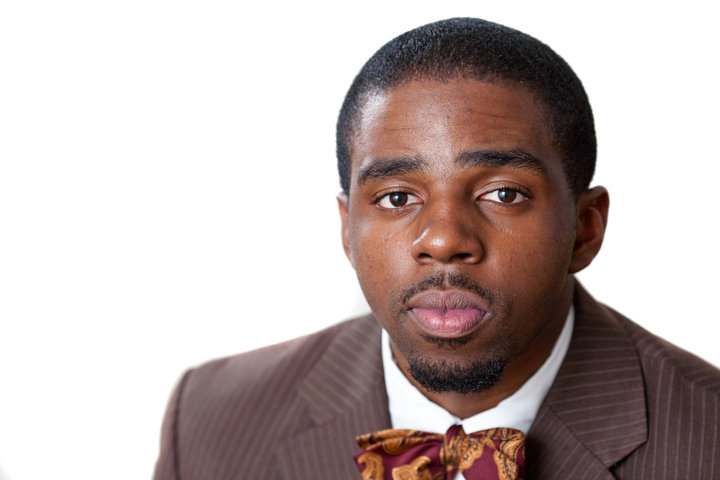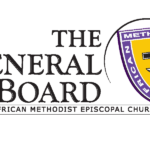Faith in the Midst of Trump’s Presidency (Part 1)
By Rev. William Miller, 7th Episcopal District
I have thought at great length about what it means for people to be the ekklesia (the called out) or “the church” in such a time as this. We find ourselves wrestling with how people of faith can influence or shape the culture while still having to contend with larger than life personalities (like that of the Mr. Donald Trump, the 45th President of the United States) who can influence what the average person eats, wears, or even drives. The tenor and tone of conversations shaped by magnetic personalities like Mr. Trump in relation to this election season’s most controversial issues has in many ways revealed the divided soul of our country. Particular demographics have struggled to convince others as to whether or not this country is great, can be great, or ever was and for whom it was great. Champions of our nation’s past have been challenged by groups like the Black Lives Matter Movement and the Moral Mondays campaign as being unrealistically out of touch with our collective history and present reality. It is impossible for any Christian to live in a silo and neither be impacted or know someone close to them who has not been impacted by the issues that drove voter turnout in 2016.
Whether you are an unemployed African American living in an urban center, a disabled Caucasian individual working as a journalist, or a Latino employed in domestic service on the southernmost border of our country, you undoubtedly felt the very worth of your personhood questioned in the months leading up to November 2016. In a speech delivered in Memphis, Tennessee, on December 27, 1962 entitled, “The Ethical Demands for Integration,” Dr. Martin Luther King, Jr. said, “The worth of an individual does not lie in the measure of his intellect, his racial origin, or his social position. Human worth lies in relatedness to God. Whenever this is recognized, ‘whiteness’ and ‘blackness’ pass away as determinants in a relationship and ‘son’ and ‘brother’ are instituted.” In other words, any individual who aspires to lead or be a servant should never become larger than a vision that encompasses all of creation and in particular seeing the whole of humanity. This election cycle showed us the dangerous fervor that populist sentiment can take on when it is fed by a flood of exceptionalism. A desire for exceptionalism should never come at the expense of another’s safety or well-being. A desire to be dominantly exceptional is what led Israel to the challenges it faced during the time of King Saul. In 1 Samuel 8:1-22, they petitioned God for a king so that they could be like the other nations around them. In the same breath, they expected God (who had been their King) to grant the king they asked for victory over those nations they sought to be like in the first place.
Socially conscious individuals believe that all persons (especially the historically oppressed) are owed a seat at the table and can no longer be the topic of discussion without being present. If those who have been disenfranchised demand their seat at the table, they will undoubtedly have to remain grounded in prayer while being steadfast in the requisite of seeking holy justice. For some who have grown tired or weary, prayer can seem like an underwhelming response in a world where violence against our opponents is even recommended by presidential candidates as a means to resolving conflict. Bishop Michael Curry, Presiding Bishop of the Episcopal Church, in a statement released on January, 12 has reminded us that “Prayer is not a simplistic cheer or declaration of support. Prayers of lament cry out in pain and cry for justice. Prayer can celebrate. Prayer can also ask God to intervene and change the course of history, to change someone’s mind, or his or her heart. When we pray for our enemies, we may find that we are simultaneously emboldened to stand for justice while we are also less able to demonize another human being.” Out of this same posture of prayer, Bishop Curry suggests that people got up from their knees and then marched on Washington. In prayer, I find a response that encompasses what I feel has always been a part of our game plan for resistance. We cannot go without first being gathered inward. We pray to center ourselves but to also prepare for the hard work that lies ahead.
Rev. William C. Miller is the pastor of Bethel AME Church (Conway, South Carolina). He is a native of Charleston, South Carolina. He graduated from Winston-Salem State University (B.S.) and Drew University (M.Div). Currently, he serves as an at-large member of the Governing Board of the National Council of Churches.





